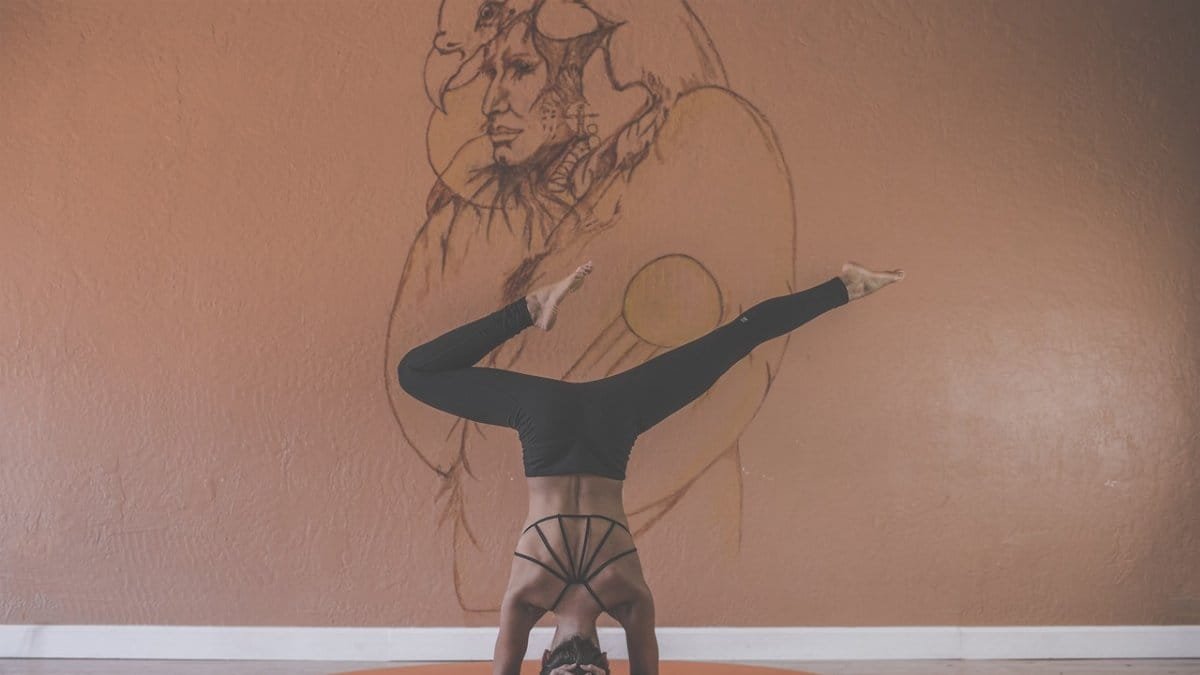Last summer, at a bustling street café in San Francisco, I overheard a woman talking about her stress-induced insomnia. “Honestly,” she sighed into her coffee, “I’d pay good money just to relax for five solid minutes.” Her friend laughed in agreement. The irony wasn’t lost on me: we’re living in an age where relaxation has become elusive, even though it’s exactly what we crave most. It’s clear—we need practical, reliable relaxation techniques now more than ever.
1. Mindfulness Meditation
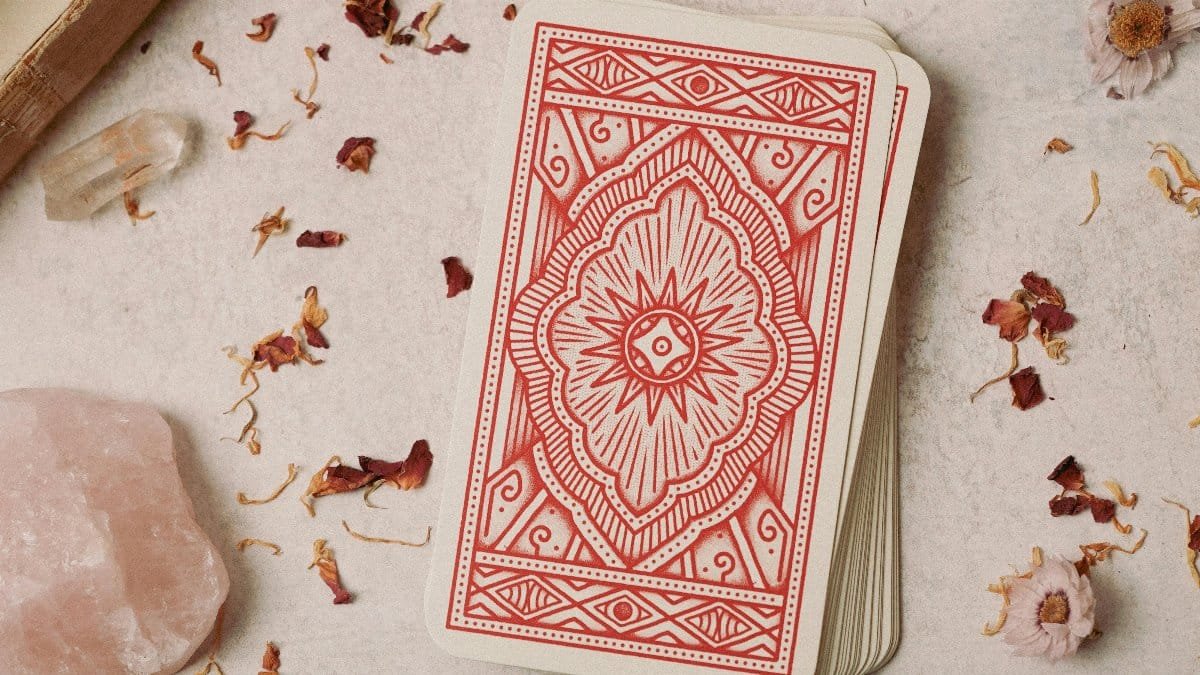
Mindfulness meditation isn’t just a buzzword—it’s an accessible, research-backed relaxation technique. It involves sitting quietly, noticing your breathing, and observing your thoughts without judgment. Harvard researchers confirm that regular mindfulness practice reduces anxiety and stress levels significantly. So, if you’re skeptical, maybe just try it for five minutes tomorrow morning and see how you feel.
2. Progressive Muscle Relaxation

Ever heard of tensing up to wind down? Progressive muscle relaxation teaches you to systematically tighten and release muscle groups. It might sound counterintuitive, but according to the Mayo Clinic, it’s effective for reducing physical tension and psychological stress. This is great for those days when your shoulders feel permanently glued to your ears.
3. The Return of Tech Sabbaths
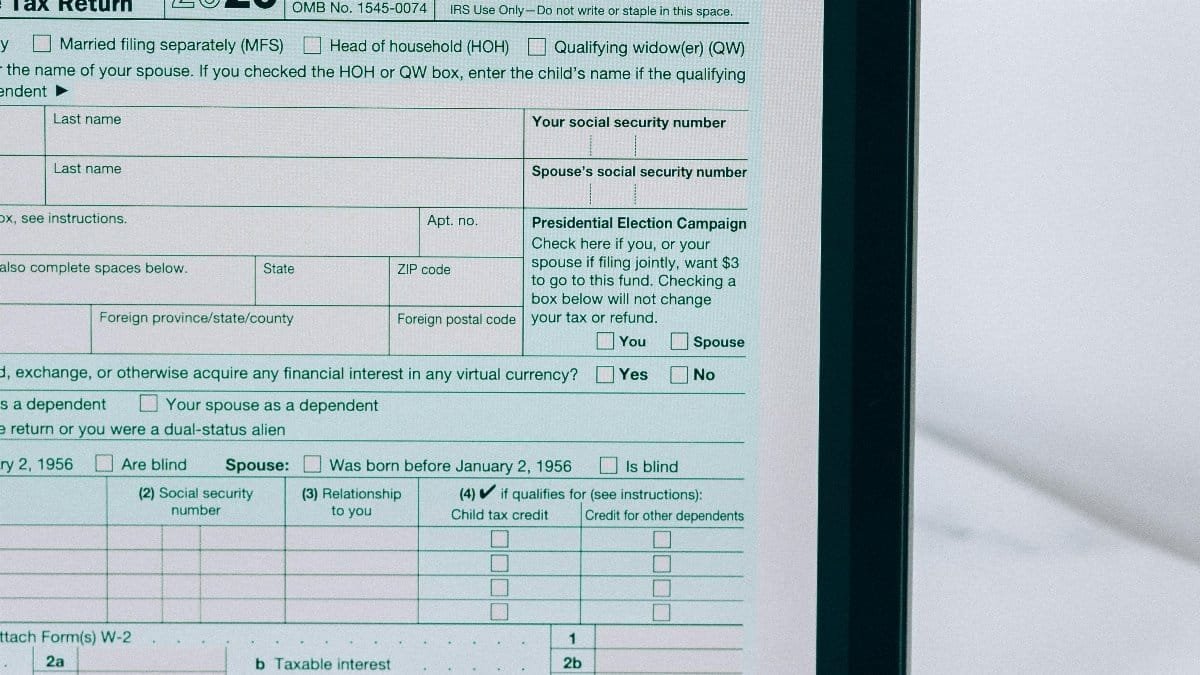
In 2025, Tech Sabbaths have officially become “a thing,” especially in tech hubs like Austin and Seattle. Taking one full day per week away from all screens isn’t just trendy—it’s transformative. One Seattleite confessed, “It felt strange at first, like missing a limb, but now it’s the best part of my week.” Unplugging regularly can drastically lower stress levels and improve sleep patterns.
4. Gentle Yoga
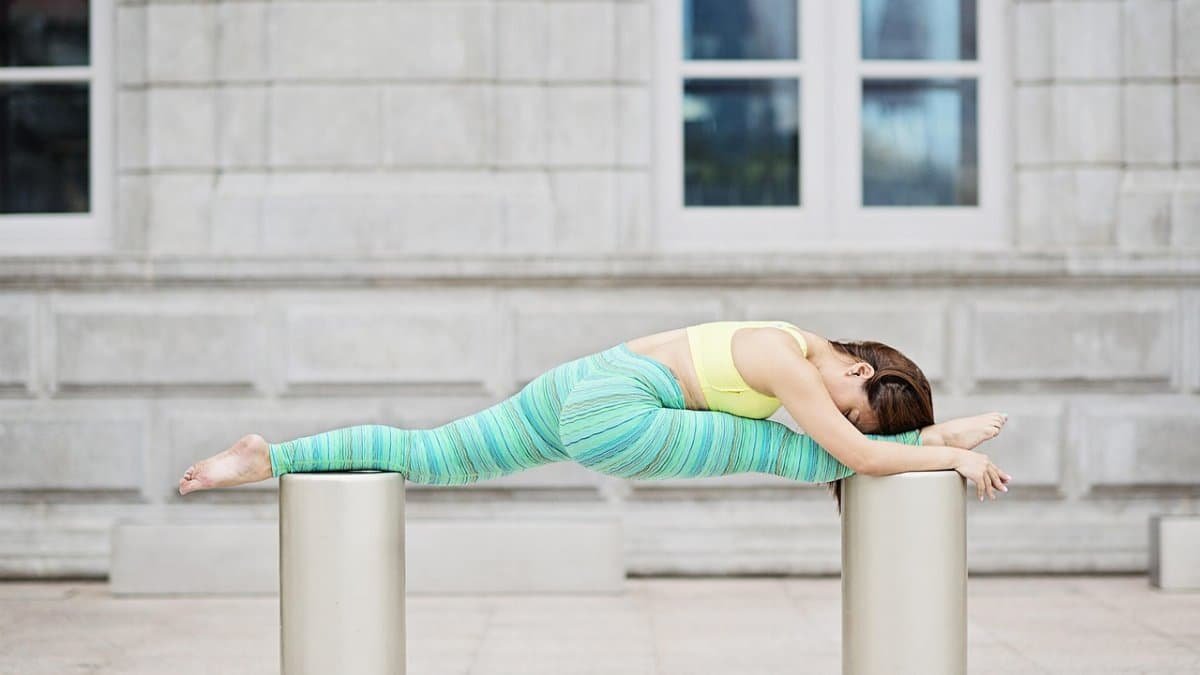
Forget images of intense power yoga sessions. Gentle yoga, with its slow-paced stretches and calming breathwork, is making waves as a relaxation technique that anyone can enjoy, even those who consider touching their toes ambitious. NIH studies show that consistent gentle yoga practice improves mood, reduces anxiety, and helps manage chronic pain effectively.
5. Journaling Your Way Calm
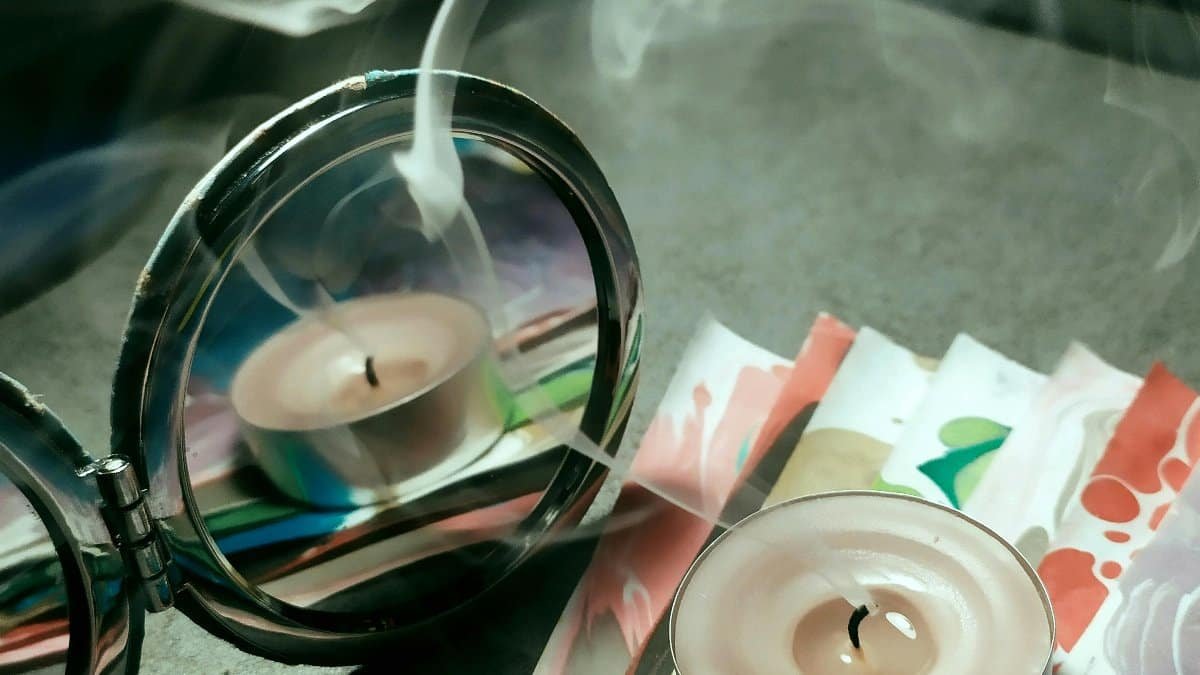
Writing down your thoughts is more powerful than it sounds. Journaling acts as a stress valve—releasing pent-up emotions safely onto paper. Even just ten minutes a day can clear mental clutter and foster emotional resilience. So grab a notebook, even if it seems a bit silly at first, and scribble your way toward calm.
6. Nature Walks, Naturally
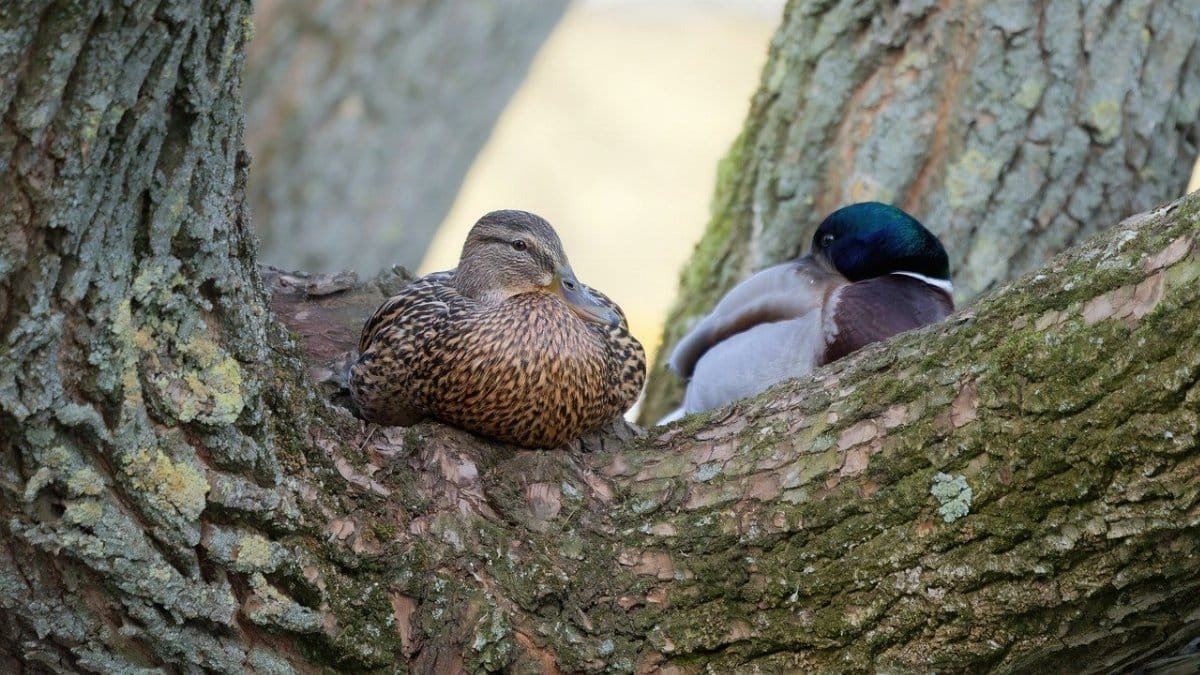
You might think strolling through the park is too simple to count as relaxation, but studies from Stanford confirm that spending just 20 minutes walking in nature lowers stress hormones significantly. It’s easy, accessible, and perfect for those who feel meditation isn’t their “thing.” Just leave your phone at home.
7. Breathing Exercises
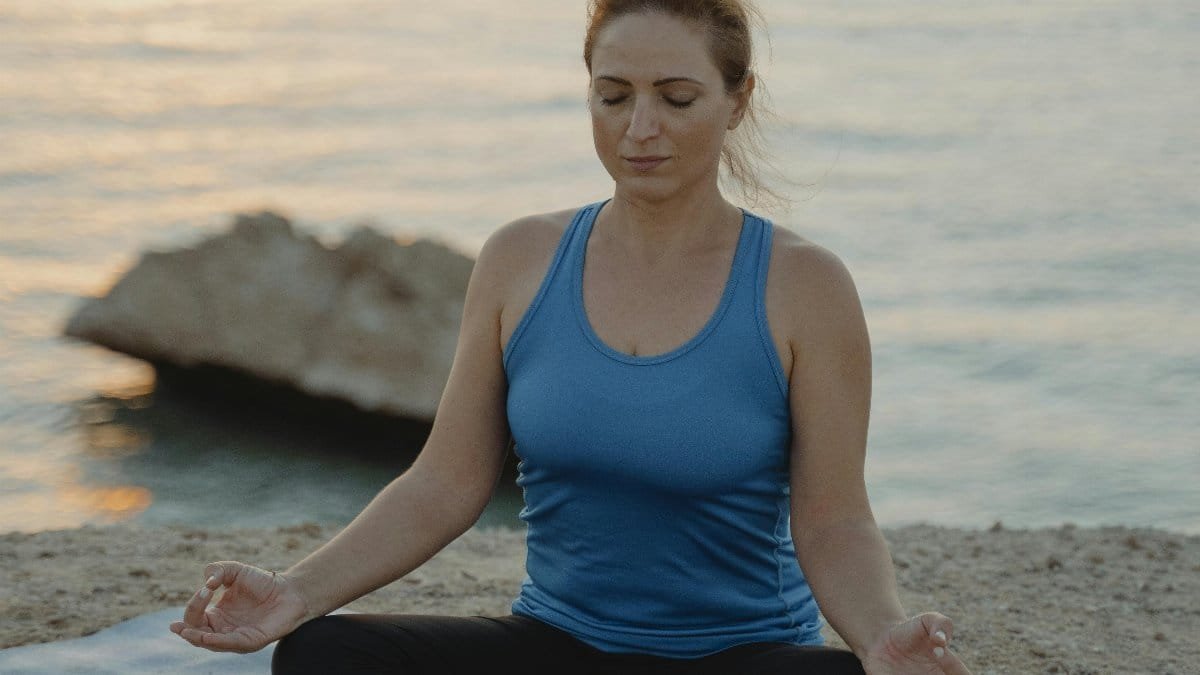
Breathwork, especially the “4-7-8” method recommended by experts at Cleveland Clinic, is surprisingly effective. Inhale quietly through your nose for four seconds, hold for seven, and exhale forcefully through your mouth for eight. It sounds simple, but regular practice can profoundly impact your stress levels—maybe even during rush-hour traffic.
8. Aromatherapy at Home
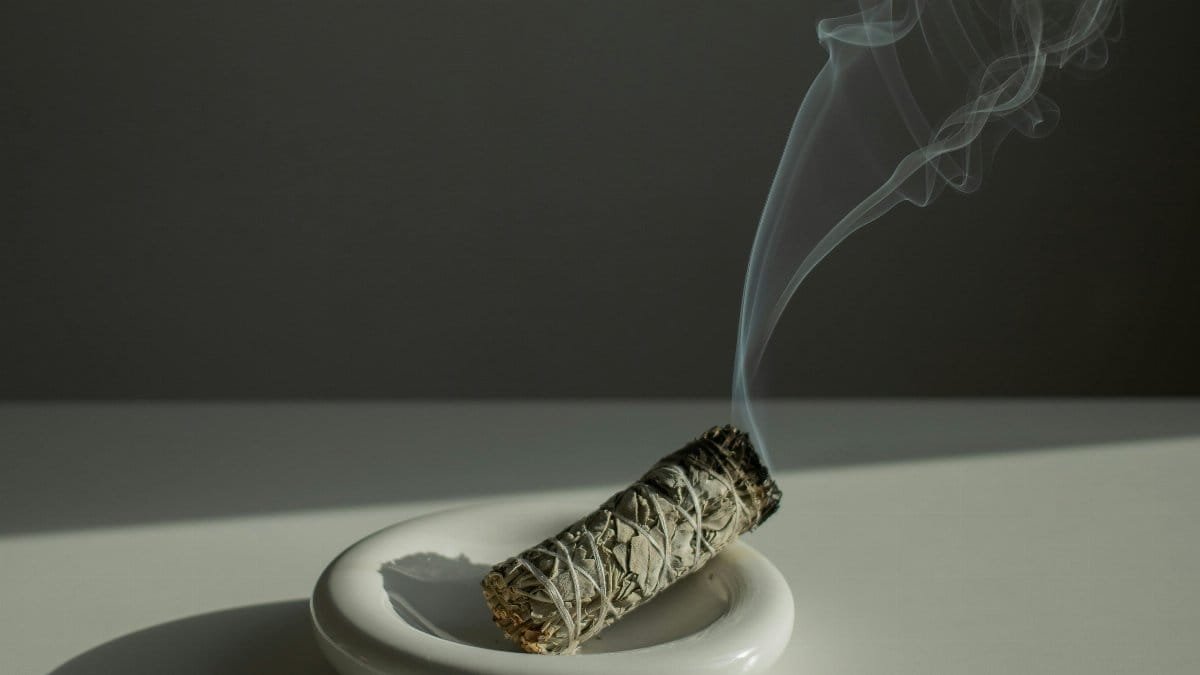
Smelling essential oils like lavender isn’t just about creating a pleasant atmosphere—Johns Hopkins University highlights aromatherapy as a legitimate relaxation technique. Studies indicate it reduces anxiety and promotes sleep. Drop some lavender oil in a diffuser tonight; your sleep quality might surprise you.
9. Listening to Binaural Beats
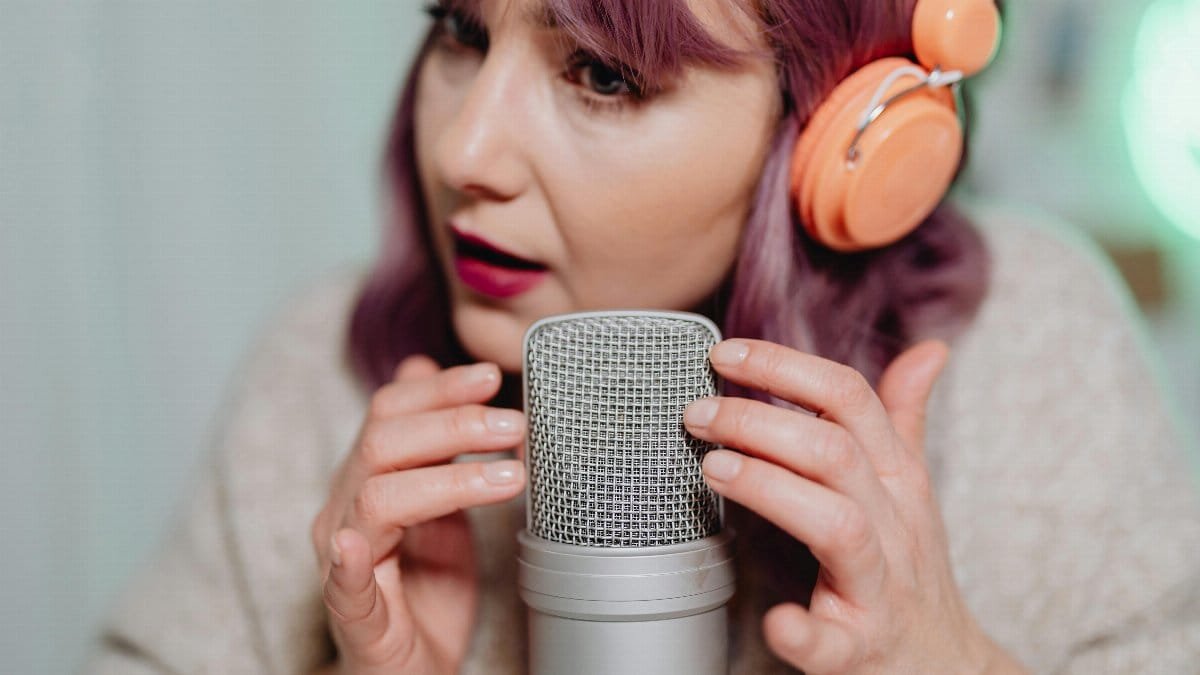
Binaural beats, which use audio tones at slightly different frequencies, can influence your brain waves toward relaxation states. A recent surge of interest, particularly in cities like Denver, shows how effective this technique can be. Give it a try with headphones; it might seem quirky initially, but it’s oddly soothing.
10. Creative Arts and Crafts
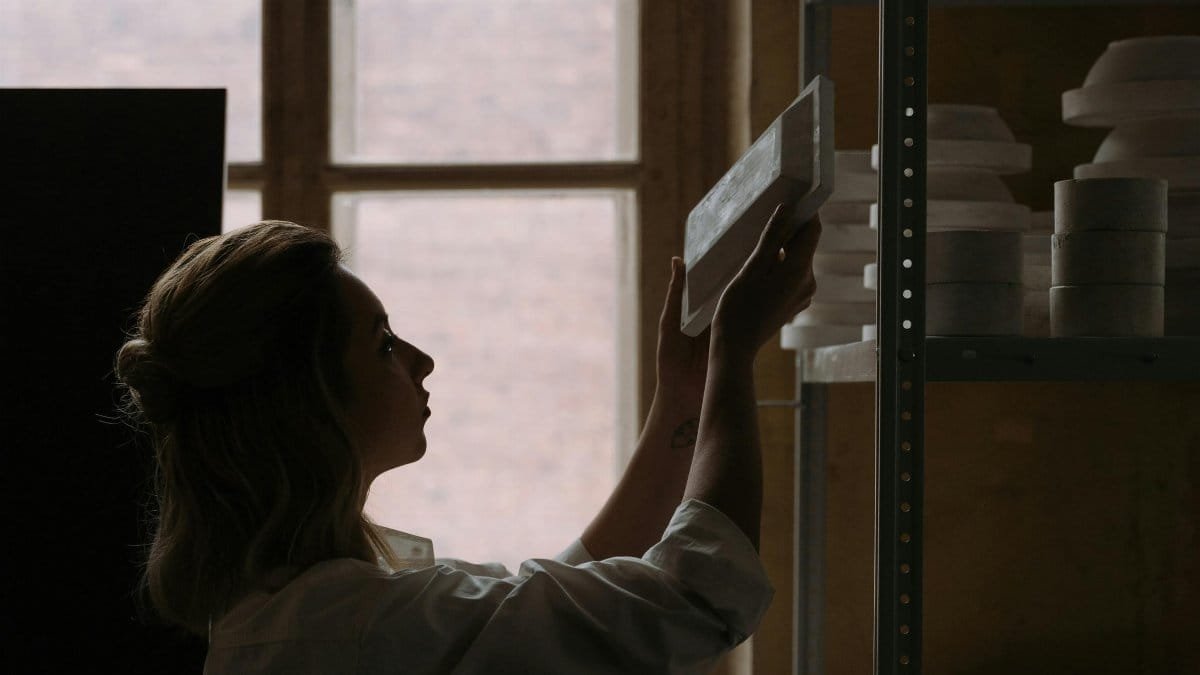
Remember those adult coloring books from a few years ago? They sparked an enduring trend in creative relaxation. Engaging in art—even if you’re terrible at it—can significantly lower stress hormones. It might feel weird to color as an adult, but that’s precisely the charm. It doesn’t have to be perfect; it’s about the process.
11. Guided Visualization

Visualization involves imagining a calming place vividly and realistically, engaging all your senses. Research from NYU Langone Health suggests guided imagery effectively reduces stress and anxiety. Even if you’re initially skeptical—imagining a beach while you’re stuck in a cubicle—give it a shot. You might find it strangely effective.
12. Warm Baths to Unwind

Yes, taking a warm bath is clichéd, but there’s a reason it’s a timeless relaxation technique. The NIH notes warm baths lower cortisol levels and improve mood. So, if it feels indulgent, good—it’s supposed to. Fill the tub, play some calming music, and pretend the world doesn’t exist for half an hour.
Ultimately, relaxation techniques aren’t about perfection or mastery. They’re about finding something—anything—that gives you a moment to breathe. So pick one and see if, maybe, it makes tomorrow a little less stressful.
Related Post: The Impact of Social Media on Spiritual Movements
